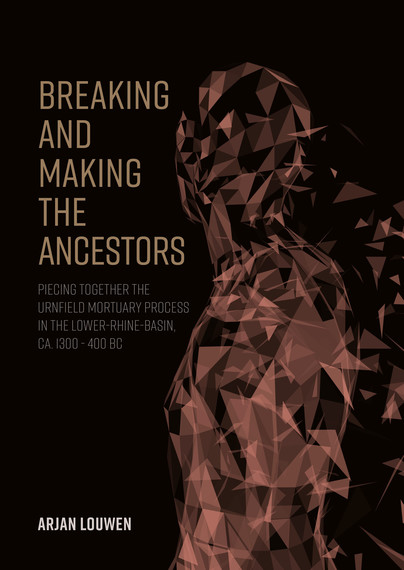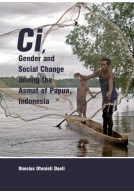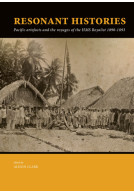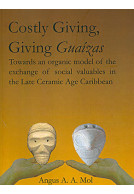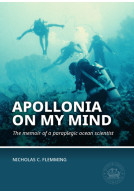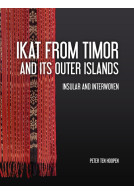Breaking and Making the Ancestors (Paperback)
Piecing Together the Urnfield Mortuary Process in the Lower-Rhine-Basin, ca. 1300 - 400 BC
Imprint: Sidestone Press
Pages: 280
Illustrations: 19fc/58bw
ISBN: 9789464280005
Published: 15th June 2021
Script Academic
Pages: 280
Illustrations: 19fc/58bw
ISBN: 9789464280005
Published: 15th June 2021
Script Academic
Please note this book may be printed for your order so despatch times may be slightly longer than usual.
You'll be £40.00 closer to your next £10.00 credit when you purchase Breaking and Making the Ancestors. What's this?
+£4.99 UK Delivery or free UK delivery if order is over £40
(click here for international delivery rates)
Order within the next 9 hours, 23 minutes to get your order processed the next working day!
Need a currency converter? Check XE.com for live rates
(click here for international delivery rates)
Order within the next 9 hours, 23 minutes to get your order processed the next working day!
Need a currency converter? Check XE.com for live rates
Towards the capstone of the European Bronze Age, in an area stretching from the Carpathians in the East to the North Sea in the West, vast cremation grave cemeteries occur that are perhaps better known as ‘urnfields.’ Today some 700 of these burial sites have come to light in the Netherlands alone. In this corner of Europe, also known as the ‘Lower-Rhine-Basin,’ these cemeteries are often characterised by vast collections of small burial mounds under which the cremated remains of decedents were buried in small shaft-like pits. In many a case the cremated remains had been put in urns first, providing these cemeteries with their very name. Though rich in numbers, urnfield graves are often described as ‘poor’ and ‘simple’ as only in rare occasions decedents were provided with grave gifts. However, when close attention is paid to the actions involved in the creation of these seemingly simple graves, they in fact reveal a richness in funerary practices that on their turn hint a complex and intricate mortuary process. This book delves into the wealth of funerary practices reflected in more than 3,000 urnfield graves excavated throughout the Netherlands in order to reconstruct the mortuary process associated with the urnfields in this particular part of Europe. Together these graves tell interesting stories about how the dead related to each other, how plain and simple objects could be used as metaphors in the creation of relational and ancestral identities and how the dead were inextricably linked to the land.
Other titles in Sidestone Press...







